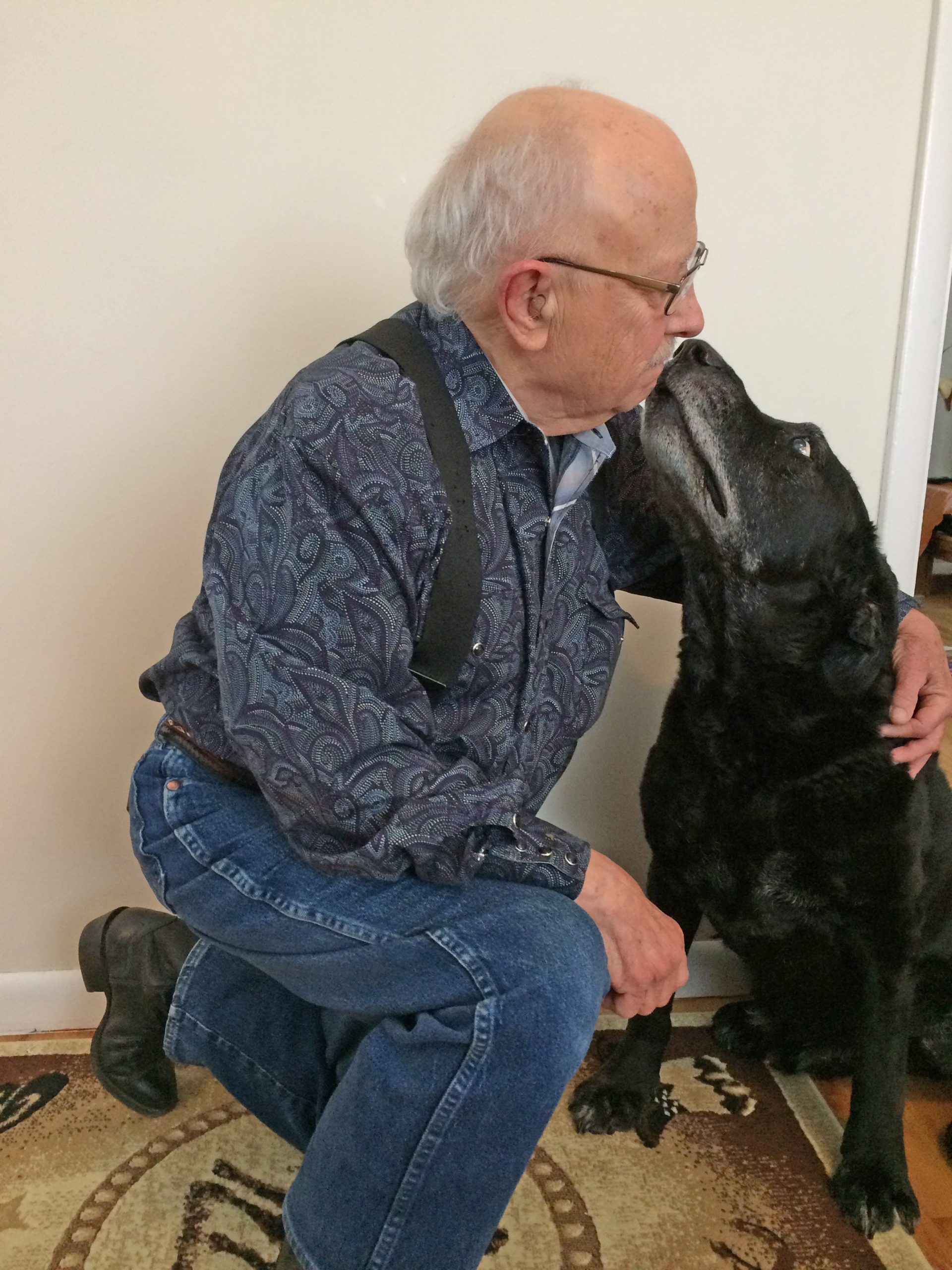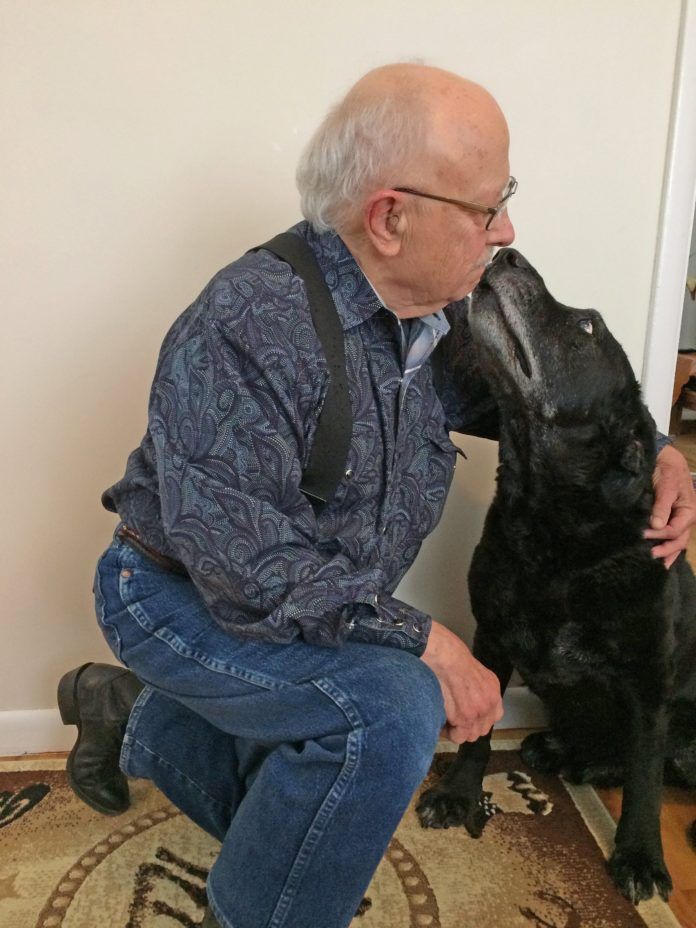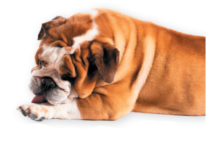
Q My 13-year-old Labrador, Bear, has been a faithful companion all the way through. He is on three different medications for arthritis, and we need to boost him into the back of our Suburban (he refuses to use a ramp), but he is still doing okay. The one problem is that for about the last 10 months now, he will frequently get up from lying down and head for the door, pooping all the way. It doesn’t happen every day, but it happens often enough. Bear weighs about 110 pounds. Our local vet has no clue as to the cause but has recommended Neutricks, a drug for dementia, as a potential solution. I have also been advised to try acupuncture and cold laser therapy. Bear is the best dog we have ever had, and I feel I owe him the opportunity to solve this problem before taking that final step. Do you have any advice for resolving this issue?
John Spizziri
Ryegate, Montana
Dear Mr. Spizziri,
A First, we commend you for getting Bear to age 13 — not a given for a large dog weighing over 100 pounds. He is with the right family.
Your veterinarian may certainly be right that Bear now has dementia, which could be a cause of relieving himself in the house rather than waiting till he gets outside. However, the fact that he goes for the door while defecating suggests that he may know what’s going on but not be able to get outside fast enough.
If that’s the case, the cause might be his arthritis. Joint disease can make it hard for a dog to squat, and Bear may hold it in to avoid the pain of getting into position, only to then find himself unable to wait till you take him for a walk. Infection of the anal sacs can be another reason for inappropriate elimination.
The problem could be gastrointestinal in nature, too — for instance, colitis, which is an irritation of the large intestine. And a neurologic problem that’s spinal in nature, specifically, instability at the lumbosacral area (where the back meets the pelvis) could cause compression of nerve roots that leads to incontinence — an inability to control voiding impulses properly. That one, unfortunately, requires surgery to fix and has a somewhat guarded prognosis.
Your vet most likely would have caught a GI problem or an anal sac infection. And you can check yourself to see whether it’s particularly difficult for Bear to squat. We suggest making an appointment with a behaviorist or a neurologist. A behaviorist will be able to tell you pretty quickly whether Bear’s problem is a cognitive one and, if not, point you toward a veterinary neurologist. And a neurologist will be able to tell you whether you should be seeing a behaviorist.
Good luck. You feel lucky to have Bear, but Bear is lucky to have you, too.





